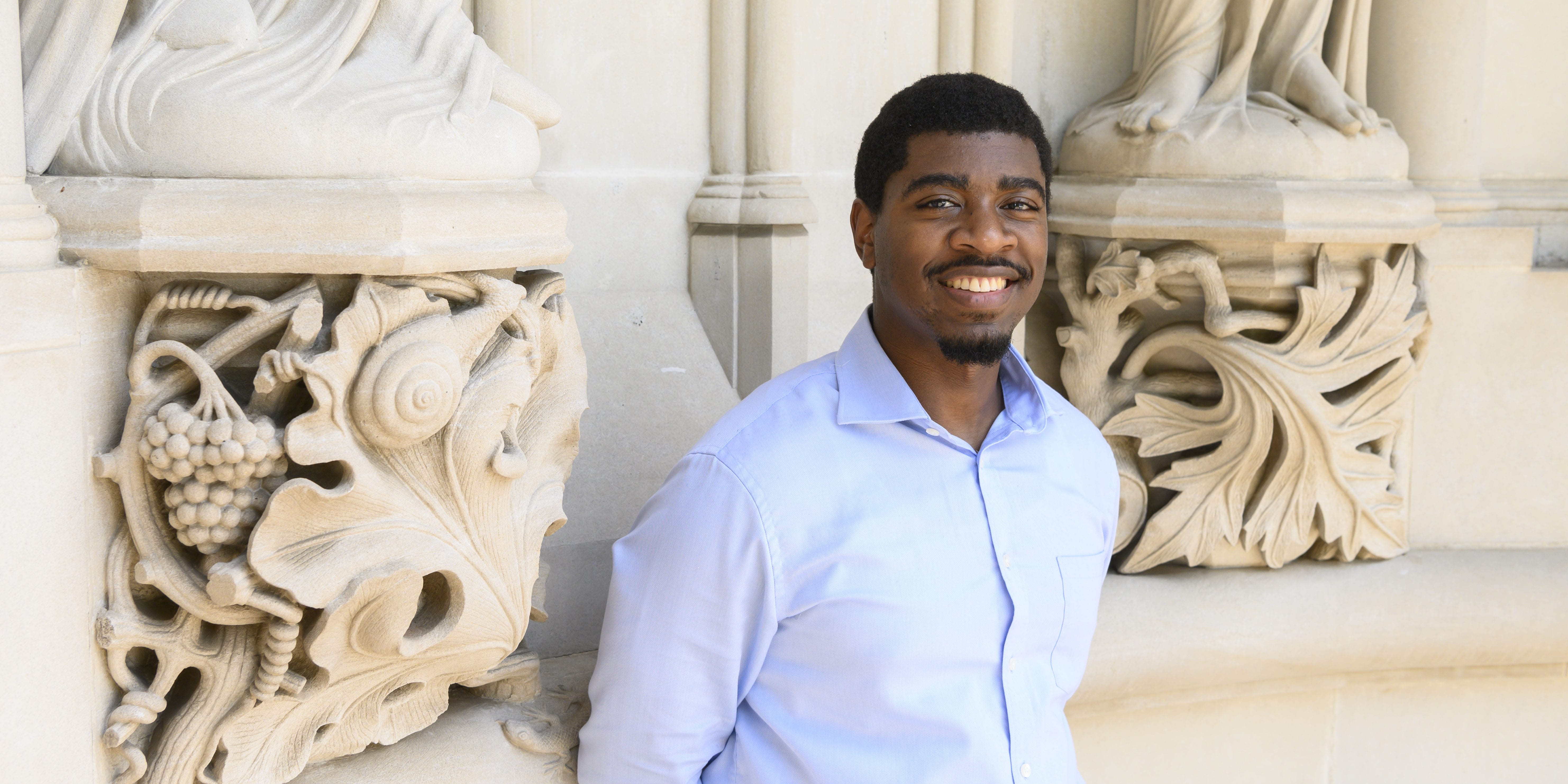
From building robots that map mines to ones that explore the moon, Warren “Chuck” Whittaker has been a driving force in the success of Carnegie Mellon University’s world-renowned Field Robotics Center (FRC).
Whittaker is the senior field robotics specialist in the FRC, where he handles many technical building aspects, including creating 3D models, maps and ground control surveys. He manages the robotics machine shops, labs and high-bay areas, and helps researchers and students with their robotics projects. In 2009, he won an Andy Award as a member of the FRC staff, and he earned an individual Andy in 2011 for his work with students.
"Chuck is a big reason why the FRC is the best in the world at what we do and how we do it,” said his older brother, William “Red” Whittaker, the Fredkin University Research Professor and director of the Field Robotics Center. “He is the engine behind our operational effectiveness. Chuck's broad role, exemplary service and esteemed citizenship are unparalleled within the FRC."
“Chuck's broad role, exemplary service and esteemed citizenship are unparalleled within the FRC." — Red Whittaker
Research Professor David Wettergreen applauds Chuck’s extraordinary dedication and vision.
“Chuck was there at the origin and as our organization sought to create the future of field robotics, Chuck has built the stable foundation of robots, facilities and people to realize the vision,” Wettergreen said. “There is no one who has put more time, care and attention into the success of field robotics.”
Chuck began his career as a civil engineer working in the coal mining industry, where his training and experience drawing maps, surveys, gathering scientific data and gaining first-hand knowledge of heavy-duty machinery laid the foundation for his work in robotics.
He also gained valuable experience on the weekends, working with Red.
“Every weekend for one summer we drove to Ohio to work on inspecting a big energy-producing water dam near Cleveland,” Chuck said. “We would work until we dropped dead Sunday night and then go back to work on Monday. There were always projects with Red.”
In 1985, Chuck joined CMU and the team that was building three robots to inspect and gather data in a contaminated basement at the Three Mile Island nuclear plant near Harrisburg, Pennsylvania. A partial meltdown of a nuclear reactor there led to a major radiation leak in 1979, and more than a decade-long cleanup effort. One of the robot inspectors built for the cleanup, called Workhorse, was never used and is now housed in the lobby of CMU’s National Robotics Engineering Center.
“We also worked on a robot that we sent to Chernobyl,” Chuck said. “Everyone was talking to us then.”
Building robots to handle tasks too dangerous for humans was an industry on the move and in the late 1980s, Chuck became a lead engineer, managing projects and directing the technical staff at RedZone Robotics, a spinoff company founded by Red. Clients included the Department of Energy and the Argonne and Oak Ridge national laboratories.
“There is no one who has put more time, care and attention into the success of field robotics.” — David Wettergreen
“That’s where a lot of the early development and robot building took place for cleanup projects,” Chuck said. “I was the first employee at RedZone.”
In 2004, Chuck returned to CMU to handle field operations at the FRC, where he’s worked on autonomous vehicles for the DARPA Grand and Urban challenges, robots for mining and robots for outer space.
“You can’t be around here and not get drawn into everything that’s going on in one way or another,” he said.
Today, three moon missions, sponsored by NASA, are shining brightly on his radar. He’s helping to build a robotic mini-rover to land on the moon in 2021, a larger rover to explore the moon, and technologies to allow robots to explore lunar pits, which could provide shelter and resources to sustain future lunar missions.
While Chuck enjoys working with robots, he’s most rewarded by the researchers, fellow staff and students with whom he works.
“It’s been extremely wonderful to work with such high-caliber scientists and students. Working with great people, that’s the most important thing to me,” he said.
“Working with great people, that’s the most important thing to me.” — Chuck Whittaker
Chuck also enjoys mentoring the high school students in the Girls of Steel, a robotics team led by Senior Systems Scientist George Kantor and sponsored by the Field Robotics Center.
“Working with the Girls of Steel is a joy. We have 50 girls on the team and I have them all working in the machine shop. From January to March, the ‘build season,’ we work Monday, Tuesday and Thursday nights, and all day Saturday. It really is nice to pass it on and pay it forward,” he said.
Red praised the breadth, depth and impact of Chuck’s contributions.
“Chuck has touched so many in so many ways across so many generations. He has supported more student successes and been acknowledged for well-earned reasons in more theses than anyone I've ever known,” Red said.
The two brothers are grateful for each other.
"It has been wonderful beyond any dream to share work, high purpose and technical adventures with Chuck as well as sharing a brother's life and love,” Red said.
“Being Red’s brother matters. He has been the backbone of how I got where I am. I have a great rapport with Red and I have such an appreciation for that,” Chuck said.
Have a suggestion for Staff Spotlight? Send it to piperweekly@andrew.cmu.edu.



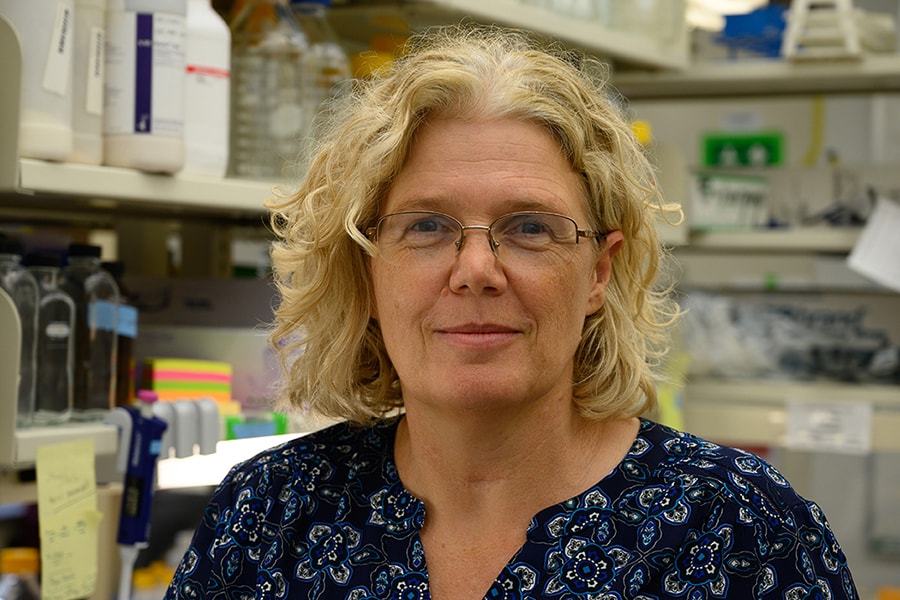





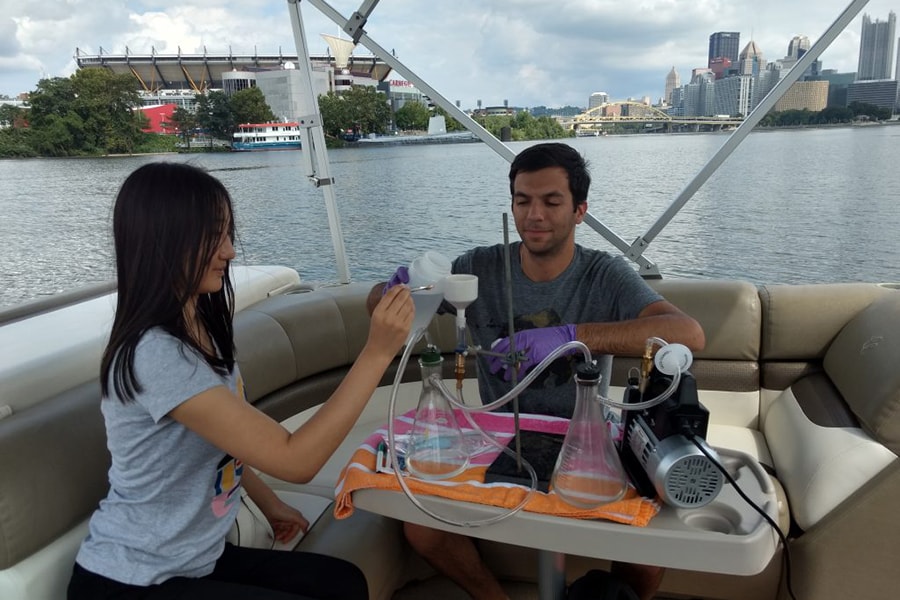





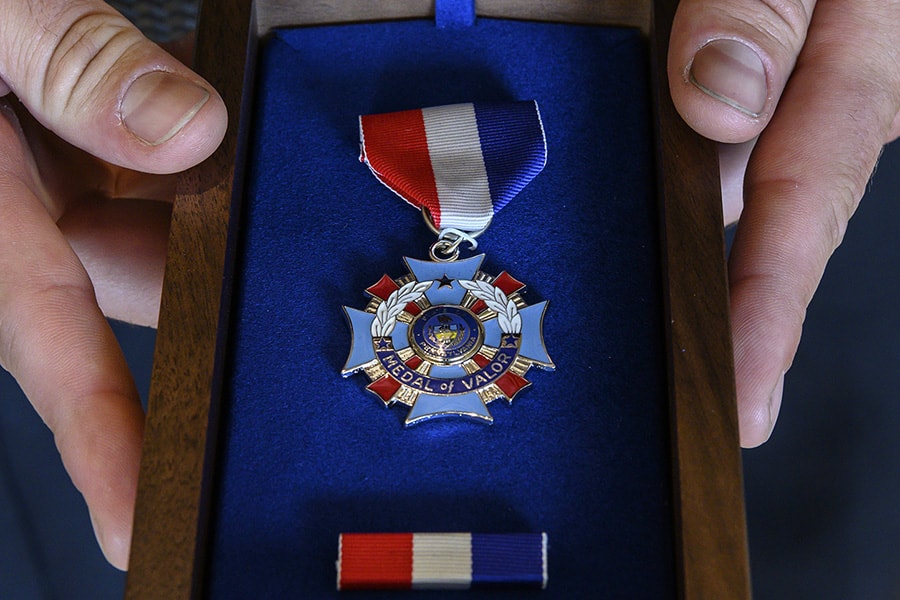
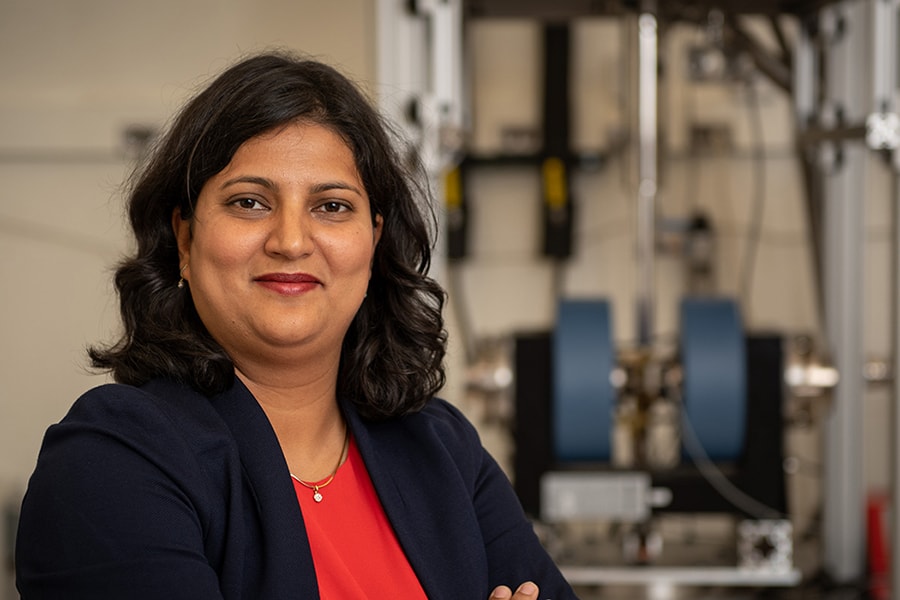




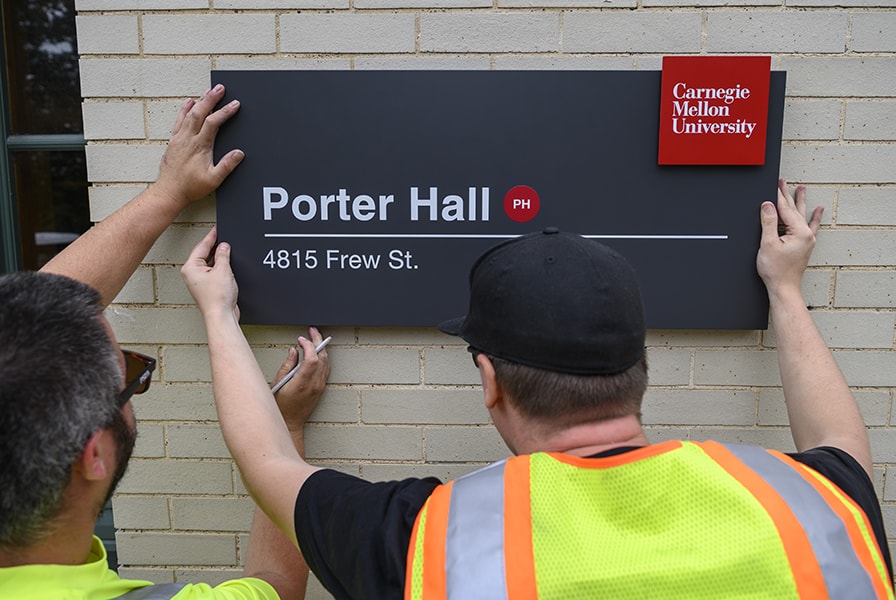
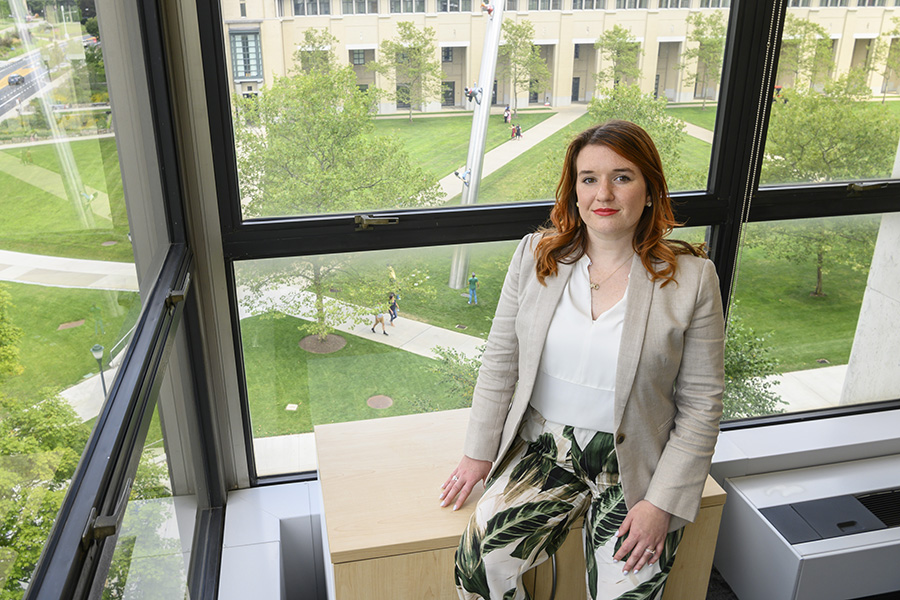
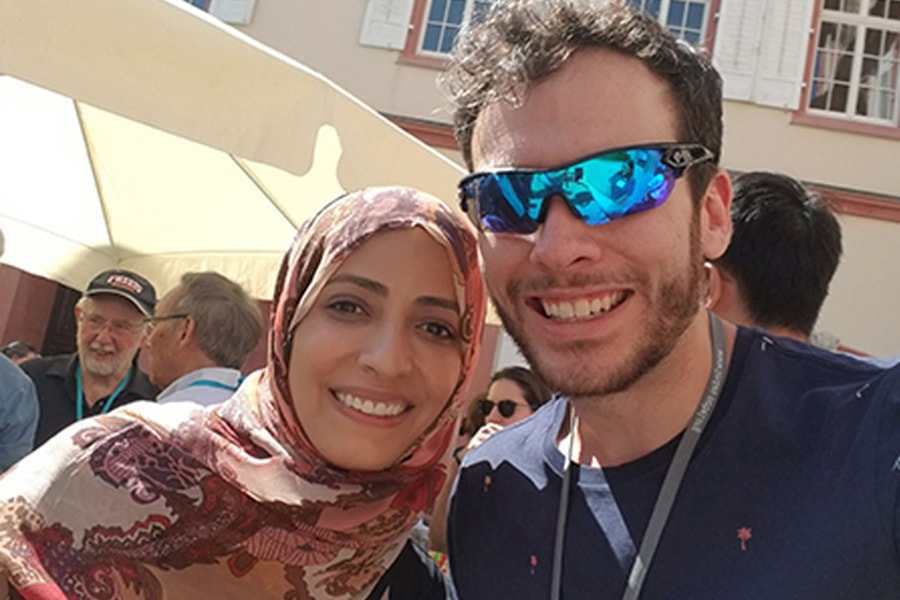

 Working in the Hinman lab, Wolff is interested in how a wounding response can lead to regeneration in a larval sea star model. His research has directed his focus to the mitogen-activated protein kinases (MAPK) signaling pathways. Wolff plans to further investigate the MAPK pathway, with additional analysis of gene expression following MAPK inhibition.
Working in the Hinman lab, Wolff is interested in how a wounding response can lead to regeneration in a larval sea star model. His research has directed his focus to the mitogen-activated protein kinases (MAPK) signaling pathways. Wolff plans to further investigate the MAPK pathway, with additional analysis of gene expression following MAPK inhibition. Aggarwal is working in the Hiller lab to gain an understanding of the survival mechanisms of the bacterium Streptococcus pneumonia.
Aggarwal is working in the Hiller lab to gain an understanding of the survival mechanisms of the bacterium Streptococcus pneumonia. 

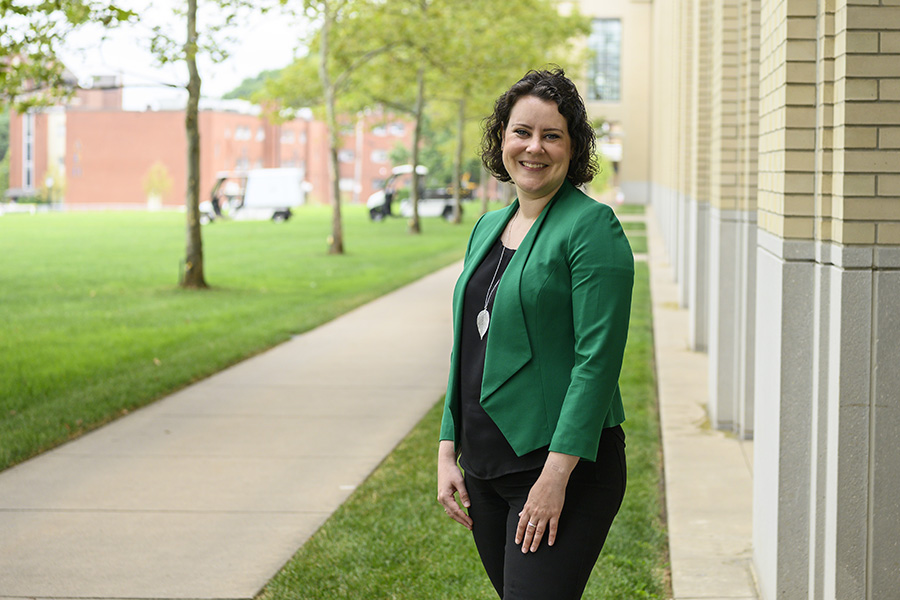
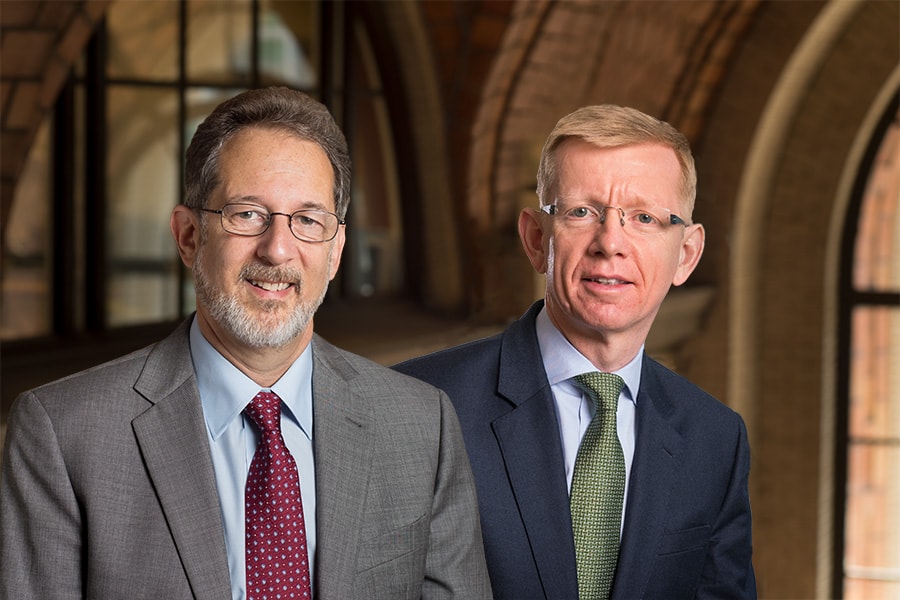
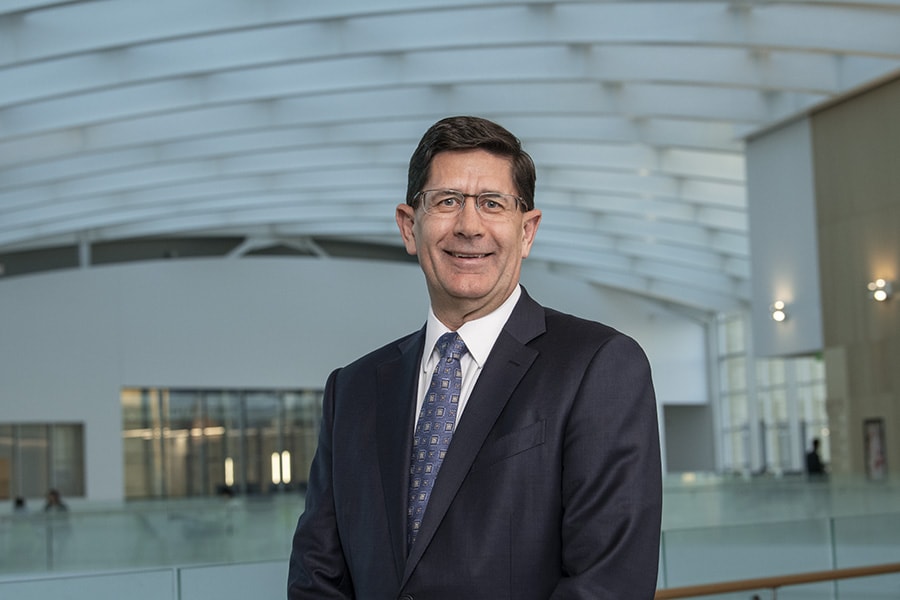

 Herbsleb is best known for his research in collaboration and coordination on large-scale software engineering projects, and developing and testing a theory of coordination that brings together the technical and human aspects of software development. He has addressed such topics as how development teams can function and collaborate even when they are geographically dispersed. He also has explored issues related to open source development, both in individual projects and in large-scale ecosystems of interdependent projects. He is the recipient of multiple awards, most recently the Outstanding Research Award presented by the Association for Computing Machinery’s Special Interest Group on Software Engineering (SIGSOFT).
Herbsleb is best known for his research in collaboration and coordination on large-scale software engineering projects, and developing and testing a theory of coordination that brings together the technical and human aspects of software development. He has addressed such topics as how development teams can function and collaborate even when they are geographically dispersed. He also has explored issues related to open source development, both in individual projects and in large-scale ecosystems of interdependent projects. He is the recipient of multiple awards, most recently the Outstanding Research Award presented by the Association for Computing Machinery’s Special Interest Group on Software Engineering (SIGSOFT). Narasimhan, a professor in the Robotics Institute, has established a notable sensing group within the institute. His group focuses on novel techniques for imaging, illumination and light transport to enable applications in vision, graphics, robotics, intelligent transportation, smart cities, agriculture and medical imaging. He has led development of such innovations as programmable headlights and is leading research into non-line-of-sight imaging. He is associate director of a National Science Foundation Expeditions in Computing that is developing cameras to see deep beneath the skin. Narasimhan was the inaugural director of the Robotic Institute's first-of-its-kind master’s degree in computer vision. He has won a wide variety of awards and best paper citations.
Narasimhan, a professor in the Robotics Institute, has established a notable sensing group within the institute. His group focuses on novel techniques for imaging, illumination and light transport to enable applications in vision, graphics, robotics, intelligent transportation, smart cities, agriculture and medical imaging. He has led development of such innovations as programmable headlights and is leading research into non-line-of-sight imaging. He is associate director of a National Science Foundation Expeditions in Computing that is developing cameras to see deep beneath the skin. Narasimhan was the inaugural director of the Robotic Institute's first-of-its-kind master’s degree in computer vision. He has won a wide variety of awards and best paper citations.
